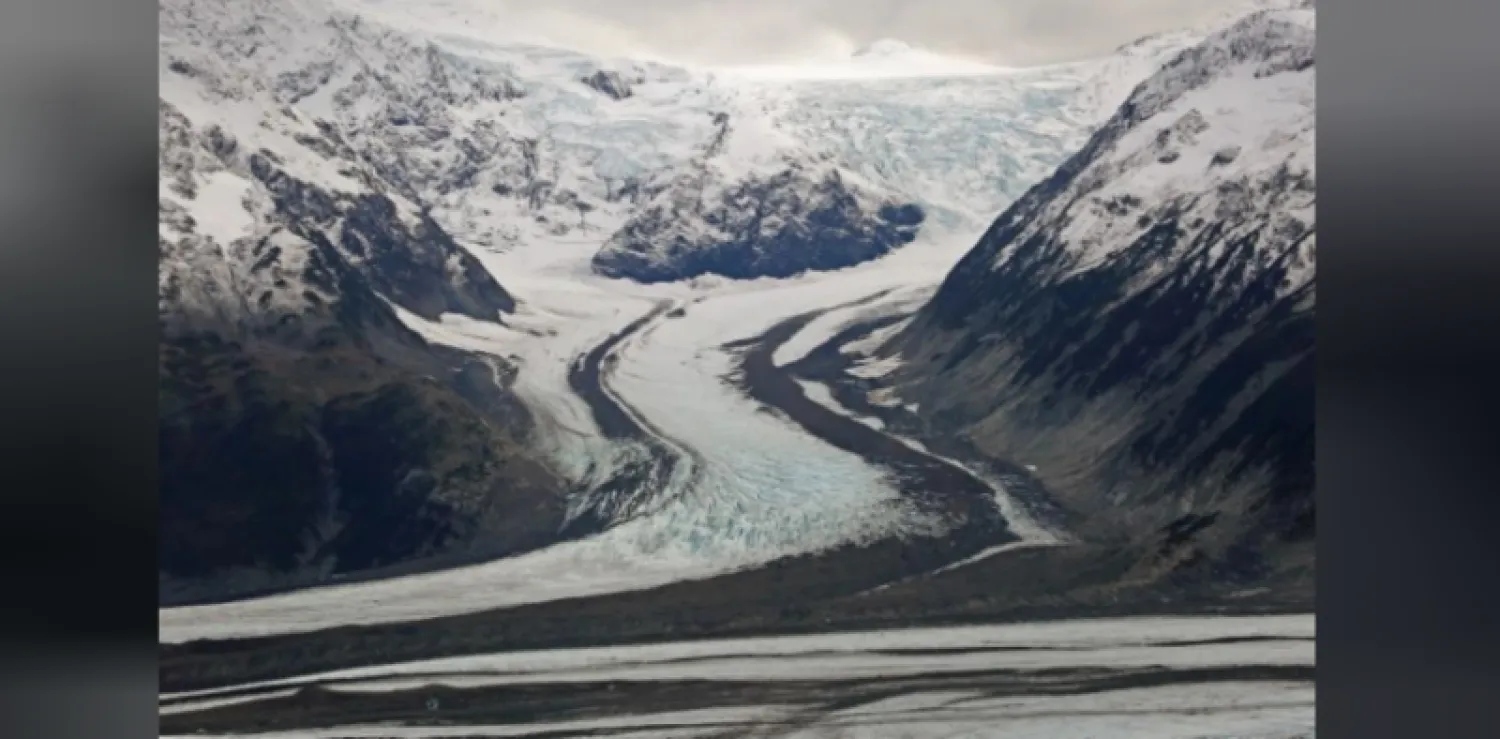Snowfalls atop an Alaskan mountain range have doubled since the start of the industrial age, evidence that climate change can trigger major increases in regional precipitation, according to research published in the journal Scientific Reports on Tuesday.
The study by researchers from Dartmouth College, the University of Maine and the University of New Hampshire, shows modern snowfall levels in the Alaska Range at the highest in at least 1,200 years, averaging some 18 feet per year from around 8 feet per year from 1600-1840.
“We were shocked when we first saw how much snowfall has increased,” said Erich Osterberg, an assistant professor of earth sciences at Dartmouth College and principal investigator for the research. “We had to check and double-check our results to make sure of the findings,” Reuters reported.
The research was based on an analysis of two ice core samples collected at 13,000 feet from Mount Hunter in Alaska’s Denali National Park. The study suggests that warming tropical oceans have driven the increased snowfall by strengthening the northward flow of warm, moist air.
The research builds on a previous study using the same ice cores that showed an intensification of winter storm activity in Alaska and Northwestern Canada.
“Everywhere we look in the North Pacific, we’re seeing this same fingerprint from warming tropical oceans,” said Dominic Winski, a research assistant at Dartmouth and lead author of the report. “Wintertime climate in the North Pacific is very different than it was 200 years ago.”
Scientists have long concluded that carbon dioxide and other emissions from industry are driving planetary warming, leading to floods, droughts, and more frequent powerful storms, according to Reuters.
But researchers have only more recently begun detailing how climate change can boost regional precipitation patterns, in some cases with devastating consequences.









